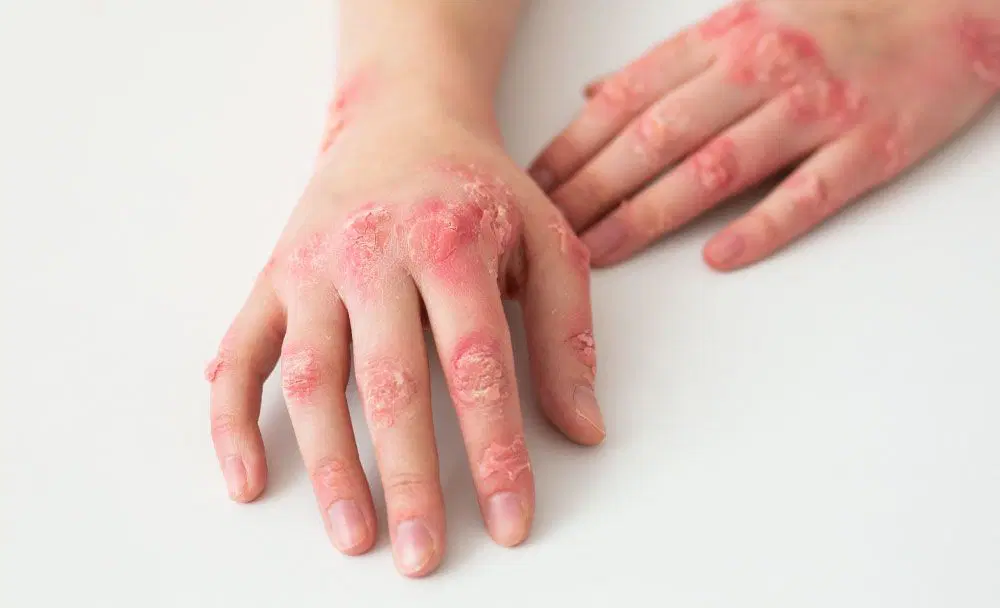
Syphilis
Syphilis is a sexually transmitted infection (STI) that can cause serious health problems without treatment. Infection develops in stages (primary, secondary, latent, and tertiary). Each stage can have different signs and symptoms.
How does syphilis spread?
- toilet seats
- doorknobs
- swimming pools
- hot tubs
- bathtubs
- sharing clothing, or eating utensils
Prevention
- Have safe sex or no sex. The only certain way to avoid contact with syphilis bacteria is abstinence. Safer sex means a monogamous relationship with testing for both partners before engaging in sex.
- Use a latex condom. Condoms can lower your risk of getting or spreading syphilis but only if they cover an infected person's sores. Other types of birth control do not lower syphilis risk.
- Be cautious with alcohol and avoid street drugs, which may impair judgment and lead to unsafe sex.
- Avoid douching as it may remove healthy bacteria, increasing the risk of STIs.
- Breastfeed with caution. Syphilis can pass to a baby during breastfeeding if sores are present on the breasts. Pump or hand-express breastmilk from any breast with sores until healed, and discard any milk that contacts a sore.
Management
- Oral or injectable antibiotics.